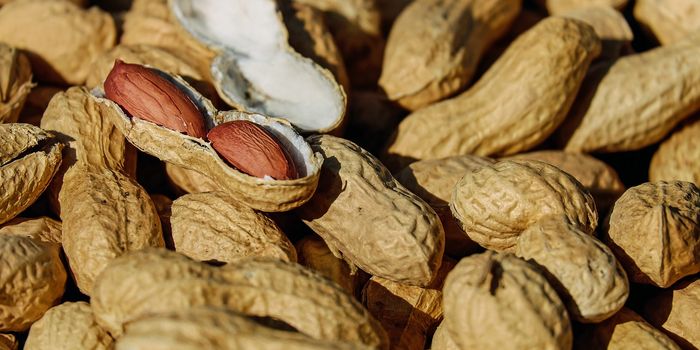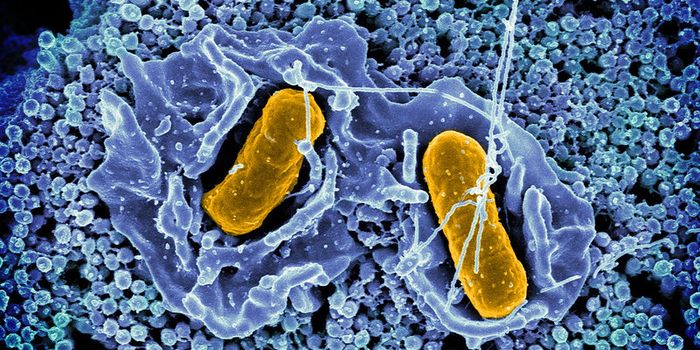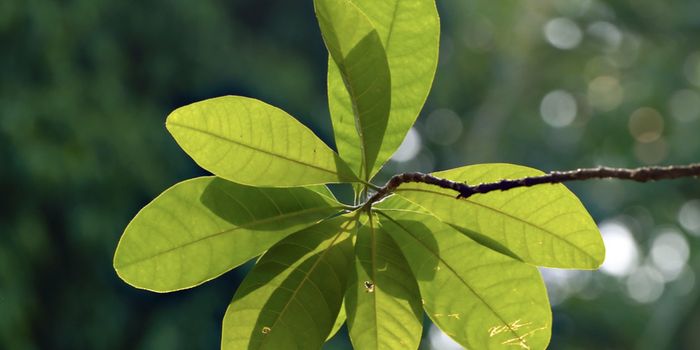New Type of CAR T-Cell Therapy Headed for Clinical Trials
Scientists have been trying to use the immune system in cancer patients’ bodies to fight cancer. The T-cells of the immune system can kill cells that are infected with a virus or that are cancerous. In CAR T-cell therapy, a patient’s T-cells are removed from the bloodstream and genetically modified in the laboratory so that they can identify cancer cells and kill them more efficiently after being reintroduced into the patient’s body. One new type of CAR T-cell therapy involves a protein associated with cancer cells, the B cell-activating factor receptor (BAFF-R). In the first test of this therapy, human leukemia and lymphoma cells that were resistant to other therapeutics were successfully eradicated. The work, which has been reported in Science Translational Medicine, will be used in a clinical trial next year on patients that experienced relapse after immunotherapy treatments.
The Food and Drug Administration has approved therapies that target a protein called CD19 on cancerous B cells, but around twenty to thirty percent of patients with leukemia and lymphoma that receive these treatments relapse. The effectiveness wears off after a few years, and their cancer comes back.
"One major obstacle to current CAR T therapy is that in up to a third of these patients, the tumor is actually smart and comes back because it has learned how to no longer express the target that's recognized by the original immunotherapy," explained the principal study author Larry Kwak, M.D., Ph.D., vice president and deputy director of City of Hope's comprehensive cancer center. "To combat that, City of Hope research has found a new, and potentially more effective, target for CAR T cell therapy against B cell leukemias and lymphomas. We plan to open a clinical trial next year using the BAFF-R CAR T cell therapy."
"This new treatment could change the face of leukemia and lymphoma treatment in the U.S. and worldwide," added Kwak, who co-led the study with Hong Qin, Ph.D., a research professor in City of Hope's Department of Hematology & Hematopoietic Cell Transplantation.
In this work, an animal model of CD19 human tumors that resist therapy were exposed to BAFF-R CAR T-cell therapy. The researchers saw longer survival times and a reduction in tumors. There was complete tumor regression in an animal model of Burkitt lymphoma after only one treatment. In animals carrying human tumors with and without CD19 that were then given the BAFF-R CAR T-cell therapy or CD19 CAR T-cell therapy, both types of tumor cells were eradicated by the BAFF-R but not the CD19 CAR T therapy.
The researchers also compared the therapies using tumor samples from patients that had gotten CAR T treatment targeting CD19. The response to the CD19-directed therapy was diminished, while BAFF-R CAR T-cell therapy was consistently active.
"We did a head-to-head comparison of two new therapies, and our data showed that our BAFF-R CAR T therapy actually did a better job than FDA-approved CD19 CAR T therapies," Qin said. "If these results continue, we will pursue BAFF-R CAR T therapy as a kind of frontline CAR T therapy treatment for lymphoma and leukemia patients."
Sources: AAAS/Eurekalert! via City of Hope, Science Translational Medicine








